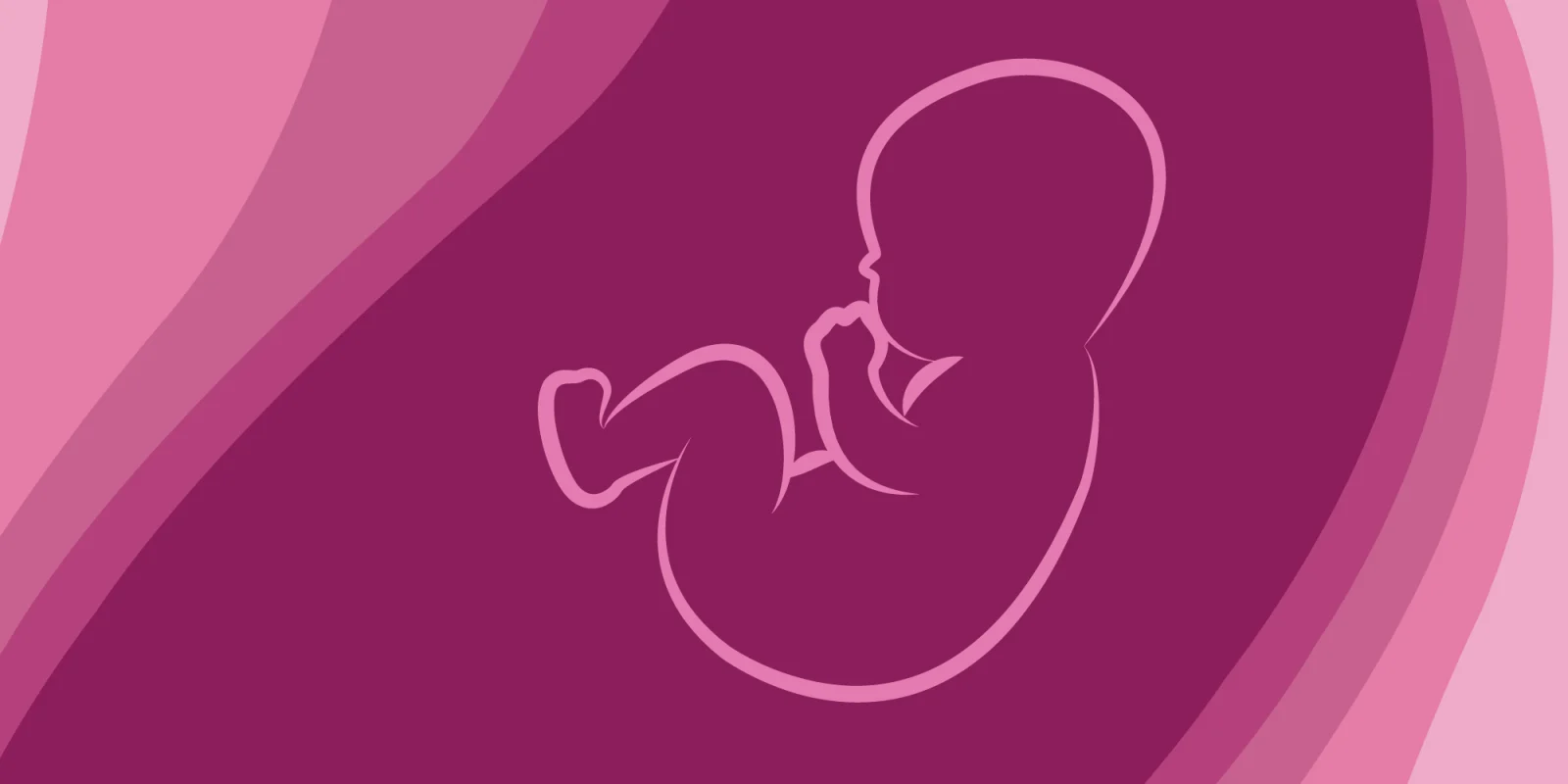
It was my first rotation as a third-year med student. This rotation was not on the differential of a future specialty for me. It was just another hoop to jump through. There is mystery when we find ourselves unconsciously blindsided by the unexpected.
I landed into probably one of the busiest Obstetric and Gynecologic services on the planet. Who knows the number of beds in this place? Regardless, it was an ingenious use of space and model of efficiency. Each labor room was defined by curtain walls with enough space to gently maneuver around a bed unnoticed by neighbors. There was one nurse/midwife for each patient, with an Attending and Resident looking after 30-plus laboring women at any given time. It was a herd of birth with the random epidural. A smallish wall was home to a board listing each patient’s progress, along with a monitor of countless squiggly heart tracings gliding across the screen. I felt like I was trying to make sense of the digital code in "The Matrix." It is only now, some 15 years later, that I appreciate how much order there was in that potential abyss of chaos.
Essential moments are engraved like stone in the memory of our DNA. I was taking my first overnight call when med students still did that. All hell could have been breaking loose that night, but I was too green to know. Just after midnight, a C-section was called. My first surgical experience ever. This magnetic pull inspired an unexpected wanting to be on the Ob ward. Birth was fascinating and captivating. Between the cacophonic waves of guttural screams reverberating through the air were these lulls of peace and stillness. A phenomenon unique to ushering in life.
As the Attending, Resident and I rolled back to the OR, those sounds were barricaded behind actual concrete walls. The momentary quiet was quickly replaced with the bells and whistles of the OR that are white noise to me now. In the time it takes lightning to strike, the two doctors dissected through the layers of the abdomen to the uterus and delivered a baby with autonomic precision, while effortlessly pimping me the whole way through. Once the uterus was closed, the Resident left and gestured me to take her place. My heart was pounding, eyes bugged out Looney Tunes style, while my speech went flickering out the door behind her. The Attending motioned to the scrub tech, who handed me pick-ups and a needle driver. “Seriously?” I contorted, with my eyes in total dismay. I was closing fascia before I realized my hands were moving. It came naturally. There was an ease and exhilaration that far superseded anything that I had known on the path of becoming a doctor up to that moment or since. The decision to become an OB happened that night, though it took another year of denial before committing.
It is funny, what gets stored in the DNA of our being. I was a fourth-year Ob resident when learning that I was born as a vaginal breech. I assumed they still did that sort of thing back in the early 70s. It would be another 10 years before I would learn otherwise. In fact, my mother was ill with what was called toxemia then and what we refer to as Preeclampsia, Eclampsia and HELLP syndrome today. I was born a vaginal breech because it was too dangerous to perform a C-section. She does not remember the birth, aside from being wheeled out of triage and waking up three days later with a big tear extending through her rectum and recurrent fevers that took six months to diagnose as a retained placenta. I was born in one of DC’s failing hospitals during its closure. My mom, a new immigrant to the U.S. with a good job, conceived me before her insurance kicked in, making me a pre-existing condition and our care uncovered. All the details of my birth, important to me as an Ob/Gyn, are fuzzy for my parents. My dad’s only recall is someone coming out to tell him they could not save both of us, and later being introduced to a baby girl. My mom, upon realizing she was out for three days, recalls her urgency in sending my dad on a mission for her Rhogam and waiting another day before meeting me in an incubator. A week passed before we were home. Even now she does not care to know the details of nearly dying. For her, we are both alive and joined in love.
My career as an Ob/Gyn has been rich with many of those near-death situations that define my first moments of life. My epic black cloud so indifferent to the full moon is legend wherever I work. I’ve seen a lot and been through more. I started my education in what felt like a birthing factory in Israel. Trained in an equally busy program in DC, ironically across the street of my birthplace, which was an empty lot back then. Worked in East Africa where a third of women die giving birth and 40 percent of babies die perinatally. Eventually, I returned to the U.S., witnessing the truth of its declining birth rate and rising maternal mortality figures. Meanwhile, those mortality numbers appear to be improving pretty much everywhere else around the world.
I appreciate that our health care system is at a crossroad along with the art of medicine. This is most pronounced for women’s health and our reproductive rights. I’m highly sensitive to the failings of our system to the point of hate while being equally passionate about affordable access to quality care as our birthright. It runs deep in me. Perhaps the source of my vibrating DNA. My drive as an Ob/Gyn unfolds like a hidden mystery. As each mother and baby pass through my hands, the journey continues to be more humbling than poignant.
Dr. Ruchi Puri is an Ob/Gyn, writer and advocate of redefining the medical paradigm. Aside from clinical work, she has an Integrative Wellness platform, www.ruchipuri.com, that helps readers understand and navigate their wellness.






